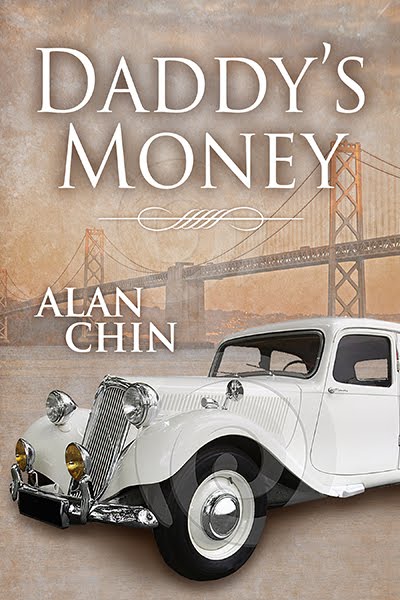Several days ago I exchanged emails with a writer I both like and admire. He talked about a fellow writer who he claims told him, “I’m not interesting in improving my craft. I’m only interested in churning out stories.”
This statement has stuck in my head, nagging me to the point of being annoying. I’ve read three novels from the writer who made that statement, and I feel there is ample room for improvement, even if he doesn’t. I felt after finishing each of his stories that they were creative and engaging, yet somewhat disappointing. I felt that had the author spent another four or five months refining the plot and the story structure, and polishing the prose, they would have been awesome reads, rather than being merely entertaining ones.
Please don’t mistake my meaning; I’m not suggesting that I am a better writer. I have my own issues I struggle with. And I’m sure that he sells many more books than I do. What I’m suggesting is that writing, for me, is a craft where one is always striving for perfection, always experimenting and learning more, delving deeper into the human experience and finding fresh ways to express ideas. Writing, for me, is like tennis. Even the top players spend more time on the practice courts than they do playing opponents. They never stop trying to improve.
Admittedly, this philosophy of striving for purity rather than merely for more carries into every aspect of my life. It’s an attitude I’ve learned through thirty years of practicing Buddhism. I am constantly trying to refine whatever I’m doing, and I find great pleasure in that. I look at life as art that is never finished, never perfect.
It’s often a downer never quite being satisfied with one’s work. It is enough compensation, however, when I look at the body of my work, and realize that I’m slowly improving my craft. That, to me, is the most important goal.
















.jpg)